
The Real Crime Is Hunger: A Judge’s Moral Verdict on a Child’s Desperation
A 15-year-old boy was apprehended for stealing bread and cheese to feed his ailing mother. At the hearing, the judge acquitted him of wrongdoing, stating that the true fault lay not with the boy but with the society that allowed such a situation. He proceeded to impose a symbolic fine on everyone present in the courtroom of US $10 each — including himself — and levied a heavy fine of US $1,000 on the shop. He then handed all the proceeds to the boy, declaring: “There’s no greater crime than letting someone go hungry.”
The judge’s decision carried a powerful moral message. Rather than punishing the young boy for what most would regard as a desperate act of survival, he held a mirror up to society. By fining the entire courtroom, the bench emphasized that the responsibility for hunger and destitution is collective, not merely individual. The imposition of a fine on the store further underscored the notion that businesses, institutions and communities share responsibility for the well-being of vulnerable people.
In effect, the ruling reframed theft in this case not as a legal violation alone, but as a symptom of deeper social failure. The boy’s act — stealing food to keep his mother alive — was treated not as a crime to be punished, but as a distress signal. According to human-rights scholars, cases in which people steal food to survive exemplify the collision of criminal justice with social rights. For example, a study of “hunger theft” in Brazil found that although the law permits what’s termed a “state of necessity” defence (when someone commits a crime to save themselves from immediate danger), such defences are rarely accepted in practice and still much subject to prejudice and stigma. True Story Award+1
This particular case, though circulating widely online, appears to originate from anecdotal or viral circulation rather than verified court reports. Various social-media postings repeat the same narrative — the judge fine, the courtroom, the statement about hunger — but no credible legal-journalism outlet appears to have confirmed the specific names, jurisdiction or case file. Facebook+1 That said, its core message resonates broadly: when hunger forces a child to steal, punishment alone misses the root problem.
From a social-justice perspective, the ruling invites us to consider hunger as not merely a private misfortune but a failure of public policy, community infrastructure and collective will. In many countries, food insecurity remains pervasive — and when it is ignored, the justice system often becomes the default mechanism to respond to outcomes of poverty rather than the causes. For example, scholars point out that criminalising food-related theft among the poorest amplifies social exclusion, rather than addressing structural issues like unemployment, inadequate social safety nets and inequitable access to essential resources. True Story Award
In closing, the judge’s memorable line — “There is no greater crime than letting someone go hungry” — serves as a pointed challenge: when the hungry are compelled to act, perhaps the gravest injustice lies in our collective indifference. If society allows a child to remain in hunger, and then punishes the child for seeking food, the moral calculus is inverted.
Additional sources for further reading:
-
The article “The Starving: The Hunger the Justice System is Blind to” (by Agência Pública, Brazil) explores how food-theft cases reflect deeper systemic injustice. True Story Award
-
A broader explanation of the “hungry judge effect” (about decision-making biases in legal systems) provides context on how legal outcomes can reflect situational factors. en.wikipedia.org
News in the same category


mRNA Vaccines Show Early Evidence of Slowing Cancer Progression

Injectable Gel Breakthrough Brings New Hope for Nerve Regeneration

Goodbye Synthetic Dyes: Doritos Join the Push for Cleaner, Transparent Ingredients
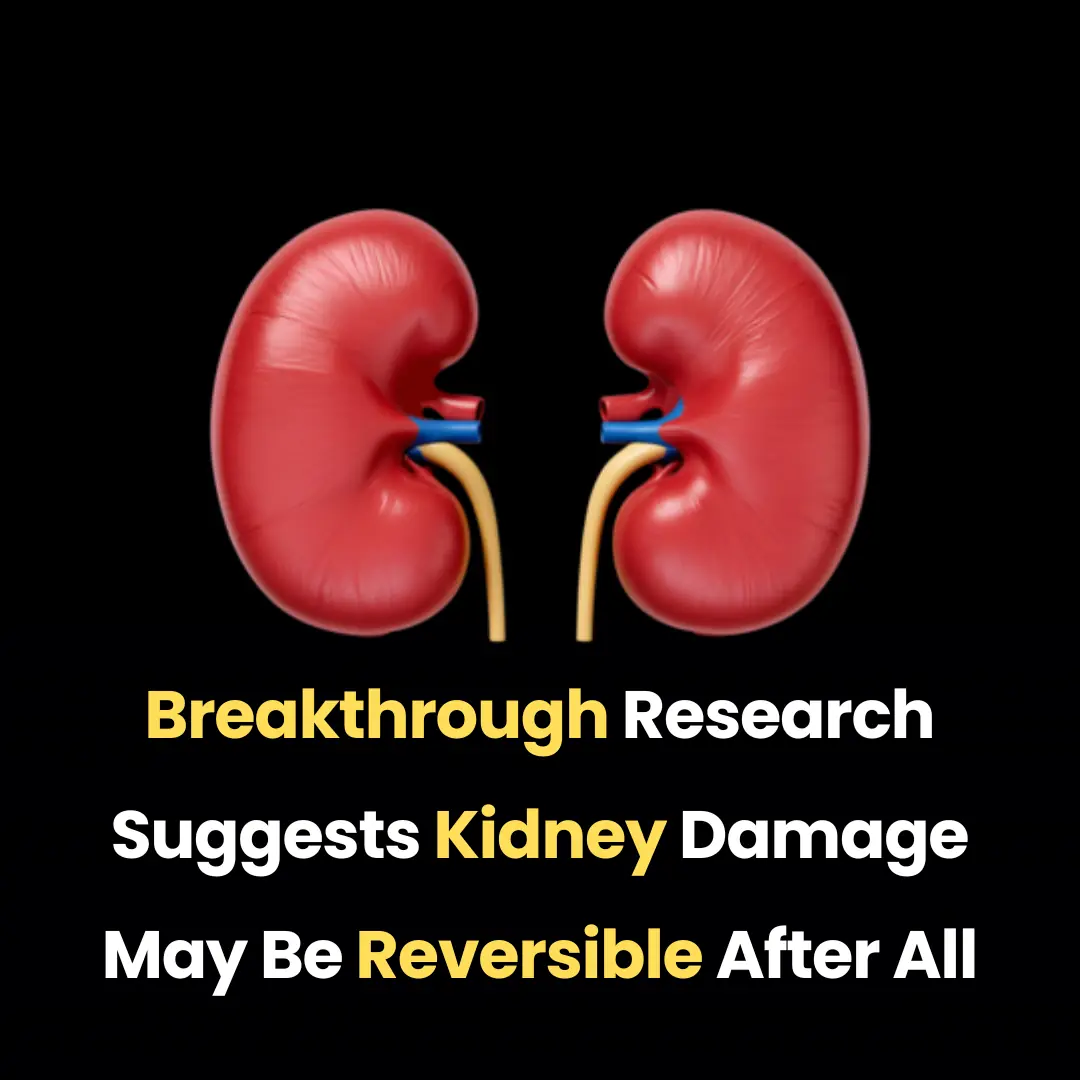
Breakthrough Research Suggests Kidney Damage May Be Reversible After All

How Intermittent Fasting Protects the Heart: New Evidence on Blood Clots and Cardiovascular Health

New Evidence Links Hepatitis C to Brain Pathways in Mental Illness

If You See a Woman Wearing a Wedding Ring On Her Pinky, Here's What It Means

Reinventing Renewable Energy: Germany Launches Compact Turbine for Off-Grid Power
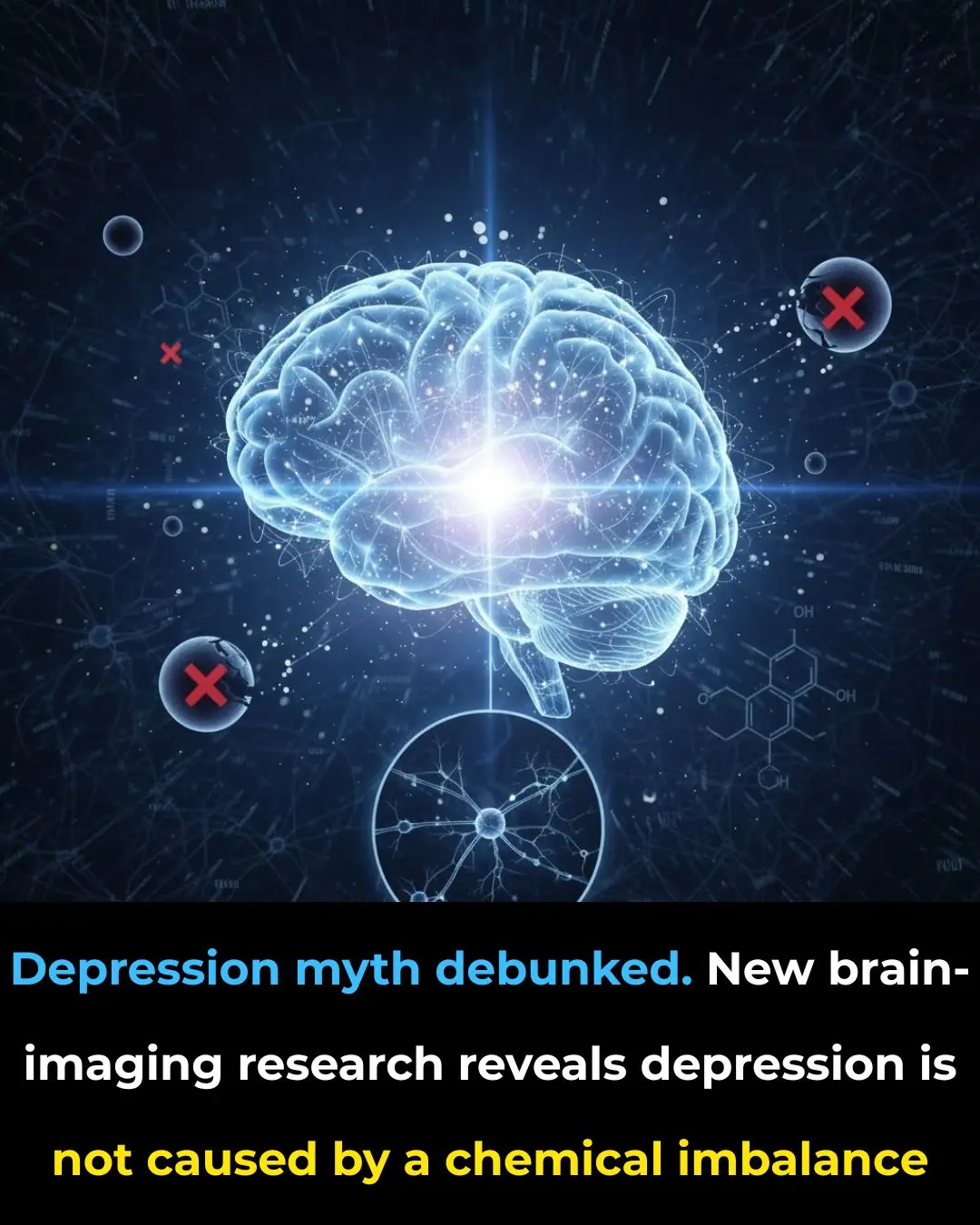
Rethinking Depression: New Brain-Imaging Research Reveals It’s More Than a Chemical Imbalance

Seventeen Years Lost: How a Look-Alike Helped Free an Innocent Man
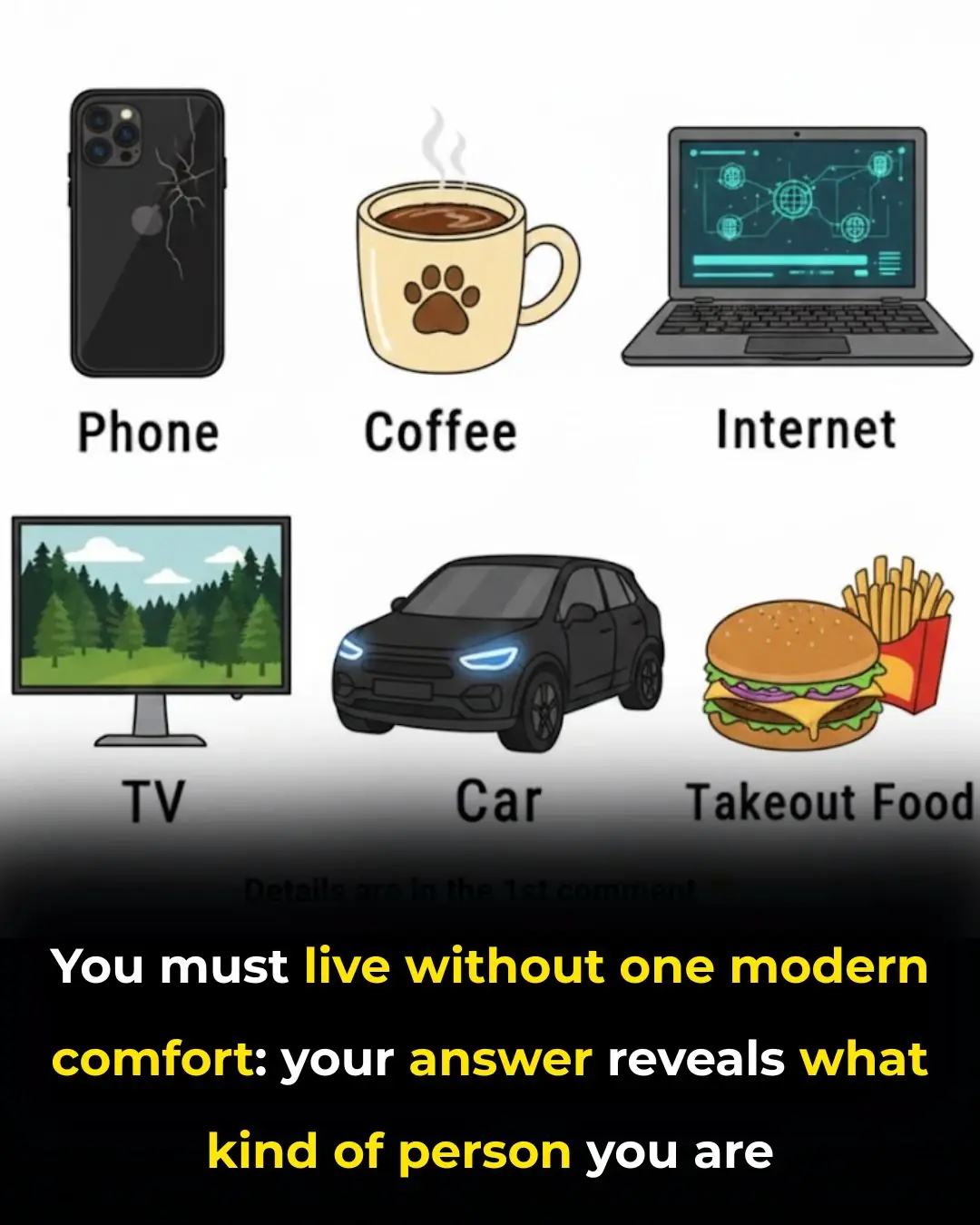
You Must Live Without One Modern Comfort — Your Choice Reveals Who You Really Are

Why do foreigners use electric kettles so little even though they are very convenient?
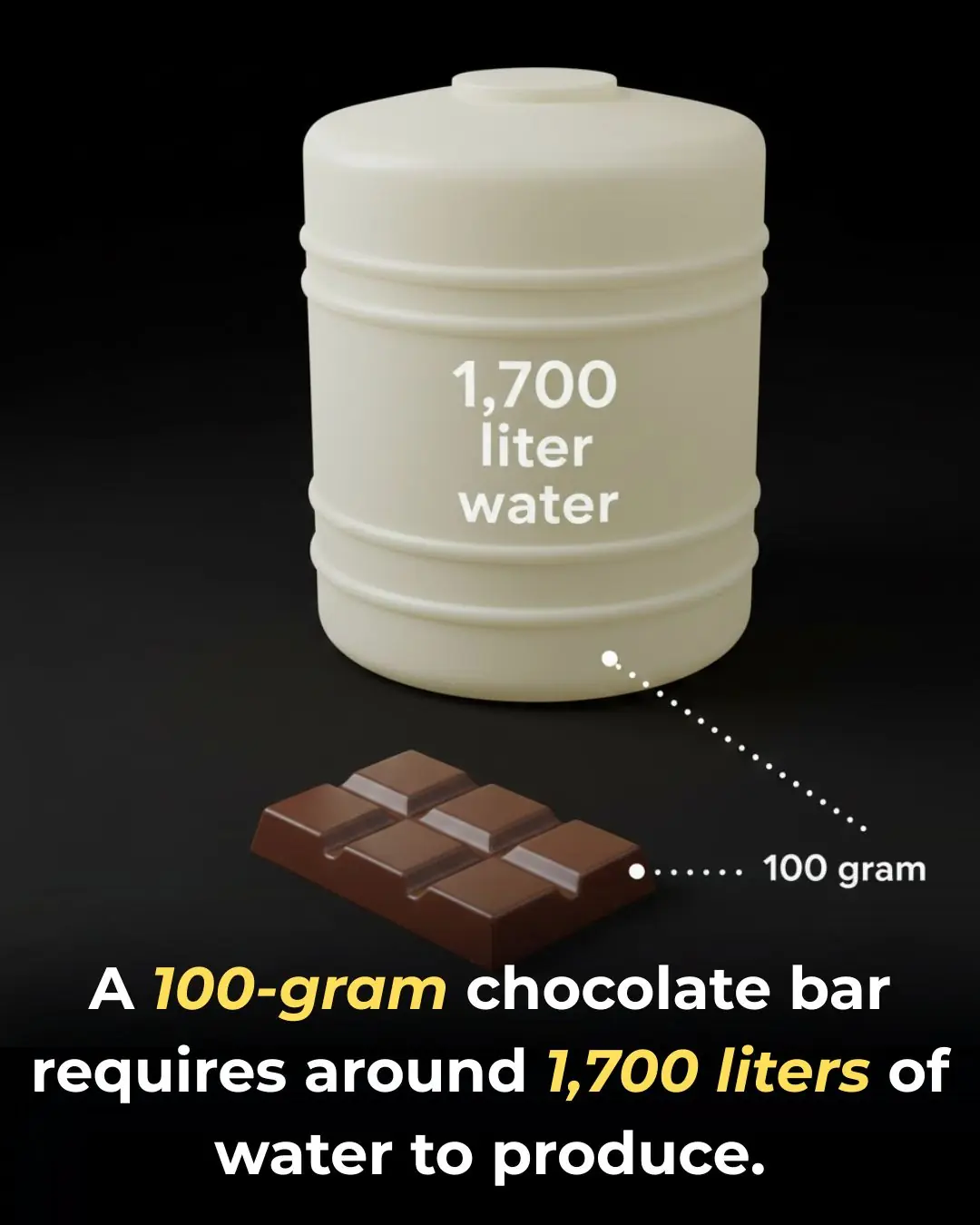
How Poor Sitting Posture Impacts Your Spine, Muscles, and Overall Health
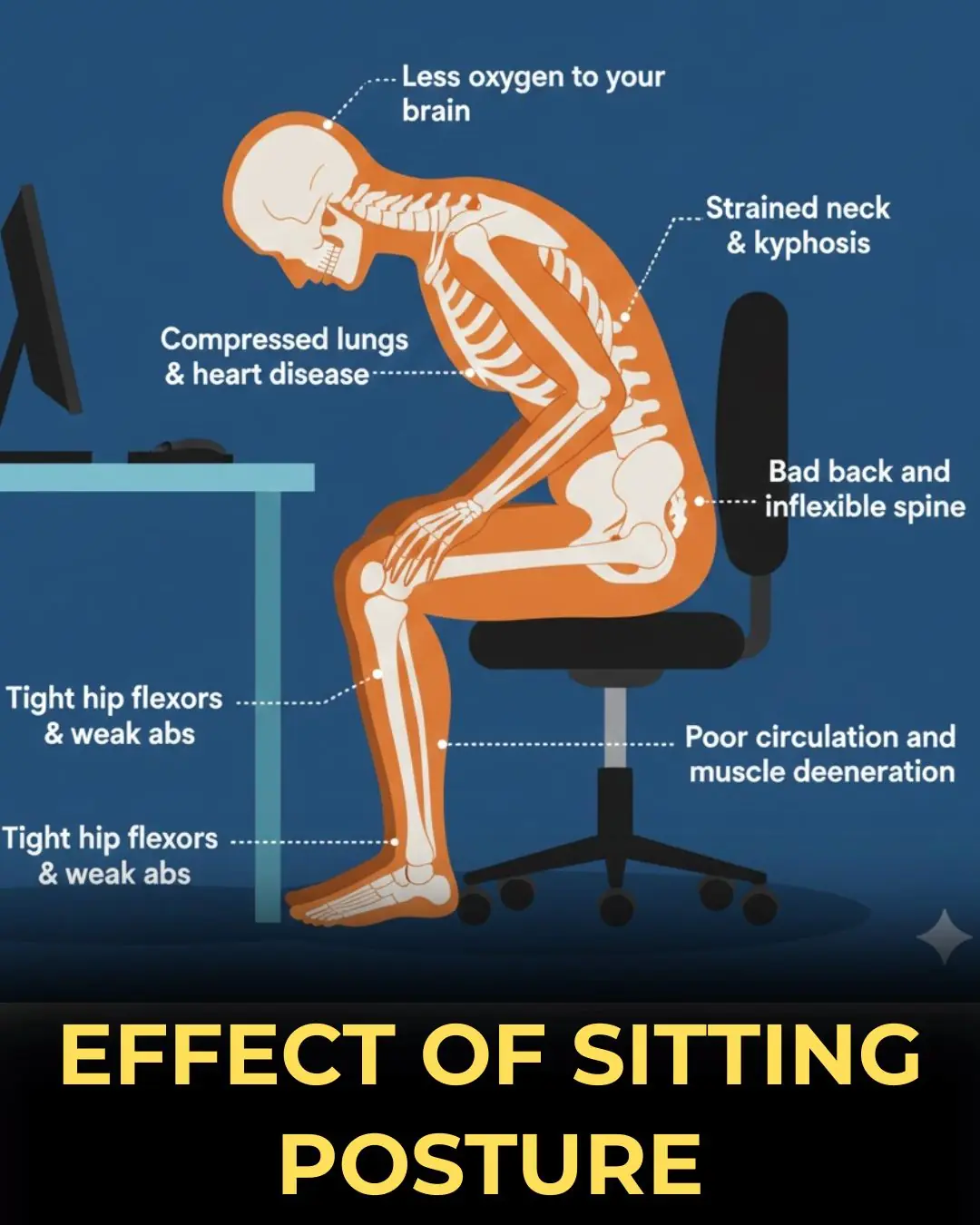
Understanding the Long-Term Consequences of Poor Sitting Posture
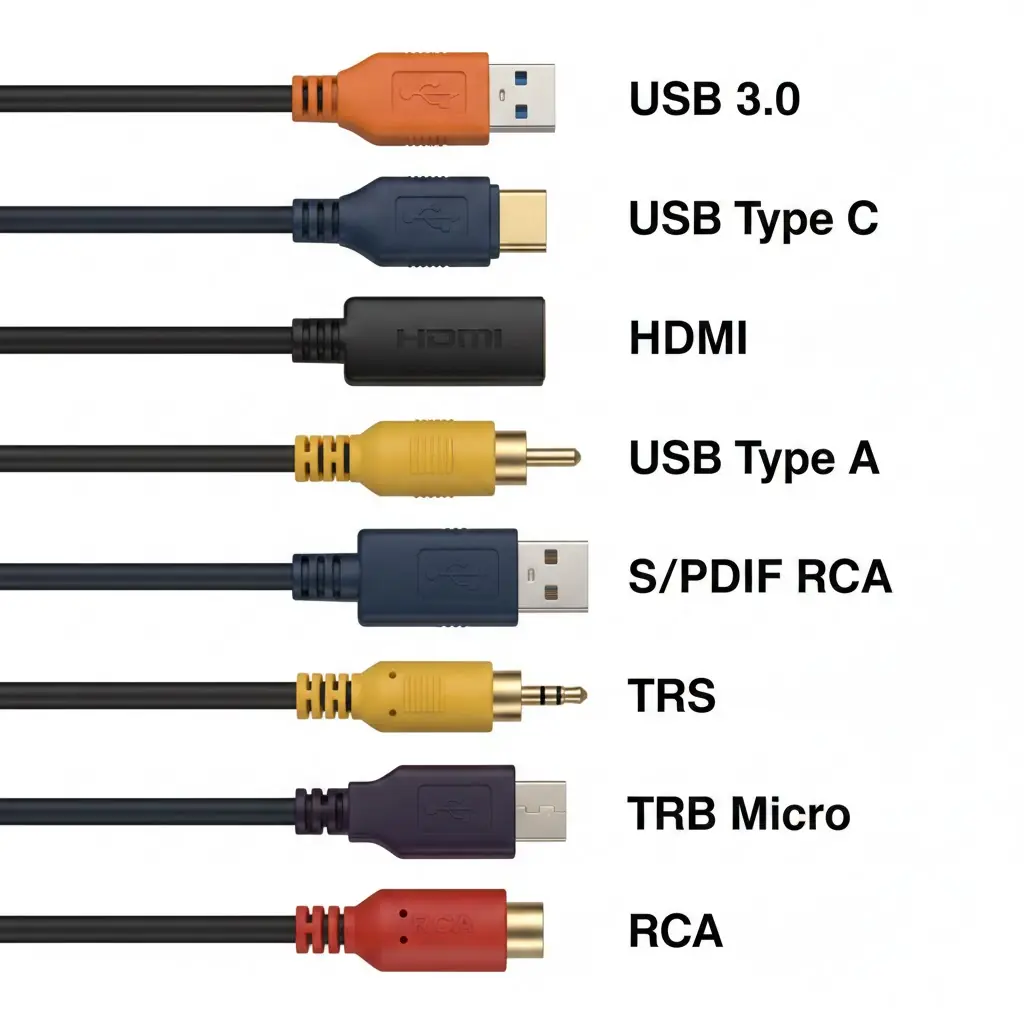
A Complete Guide to Common Cable Types and How They Keep Devices Connected
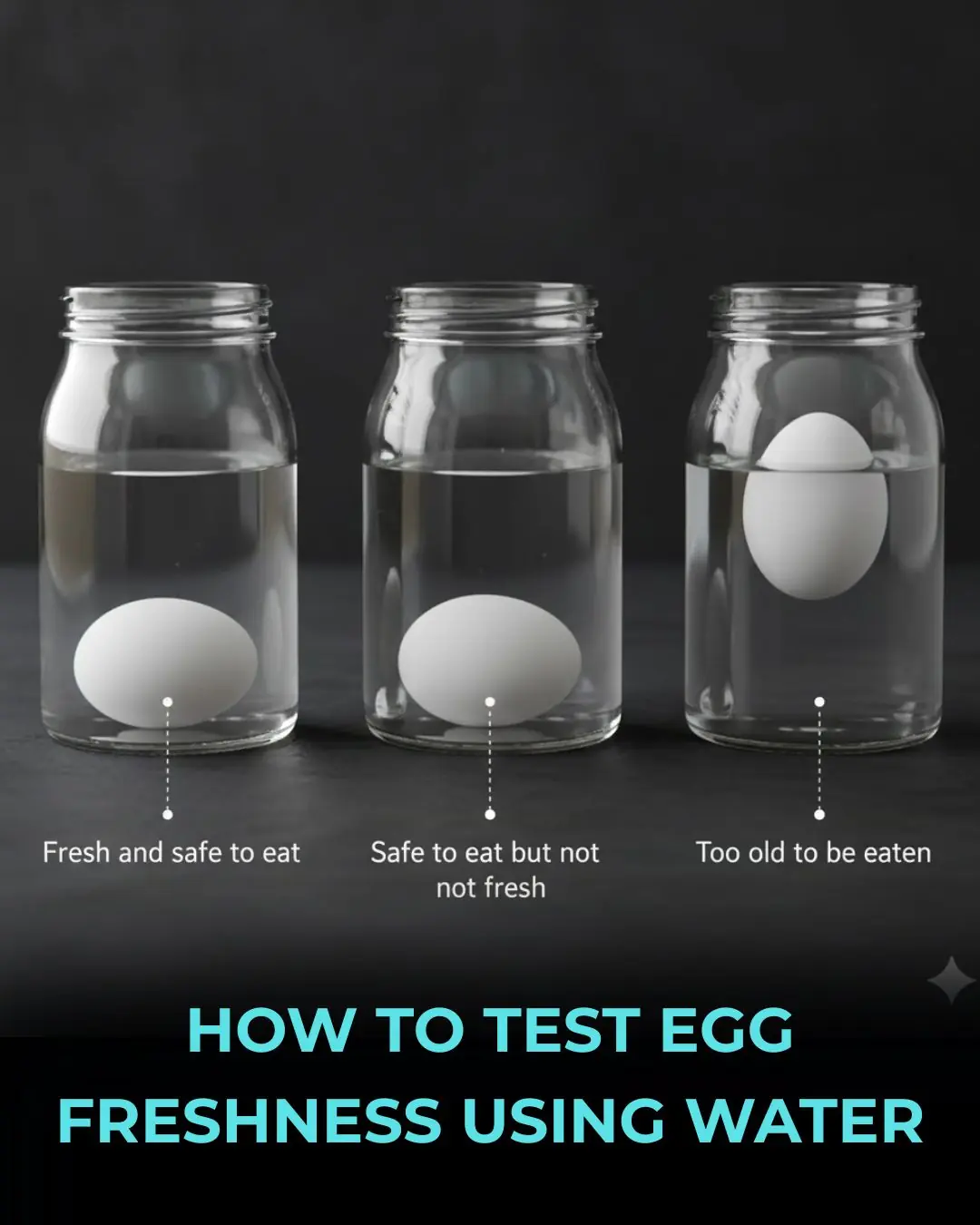
Egg Freshness Explained: What Sinking, Tilting, and Floating Really Mean

A Sleeping Giant Stirs: Taftan Volcano Experiences Uplift Driven by Shallow Gas Pressure

The Healing Power of Touch: How Hugs Support Emotional Balance and Immune Health
News Post

DIY Homemade Hair Dye That is Effective

How To Use Almonds To Get Rid Of Neck Wrinkles

Scientists Reactivate the Brain’s Self-Cleaning System, Hinting at a Breakthrough for Alzheimer’s

Miracle Indian Bridal Ubtan For Skin Brightening

mRNA Vaccines Show Early Evidence of Slowing Cancer Progression
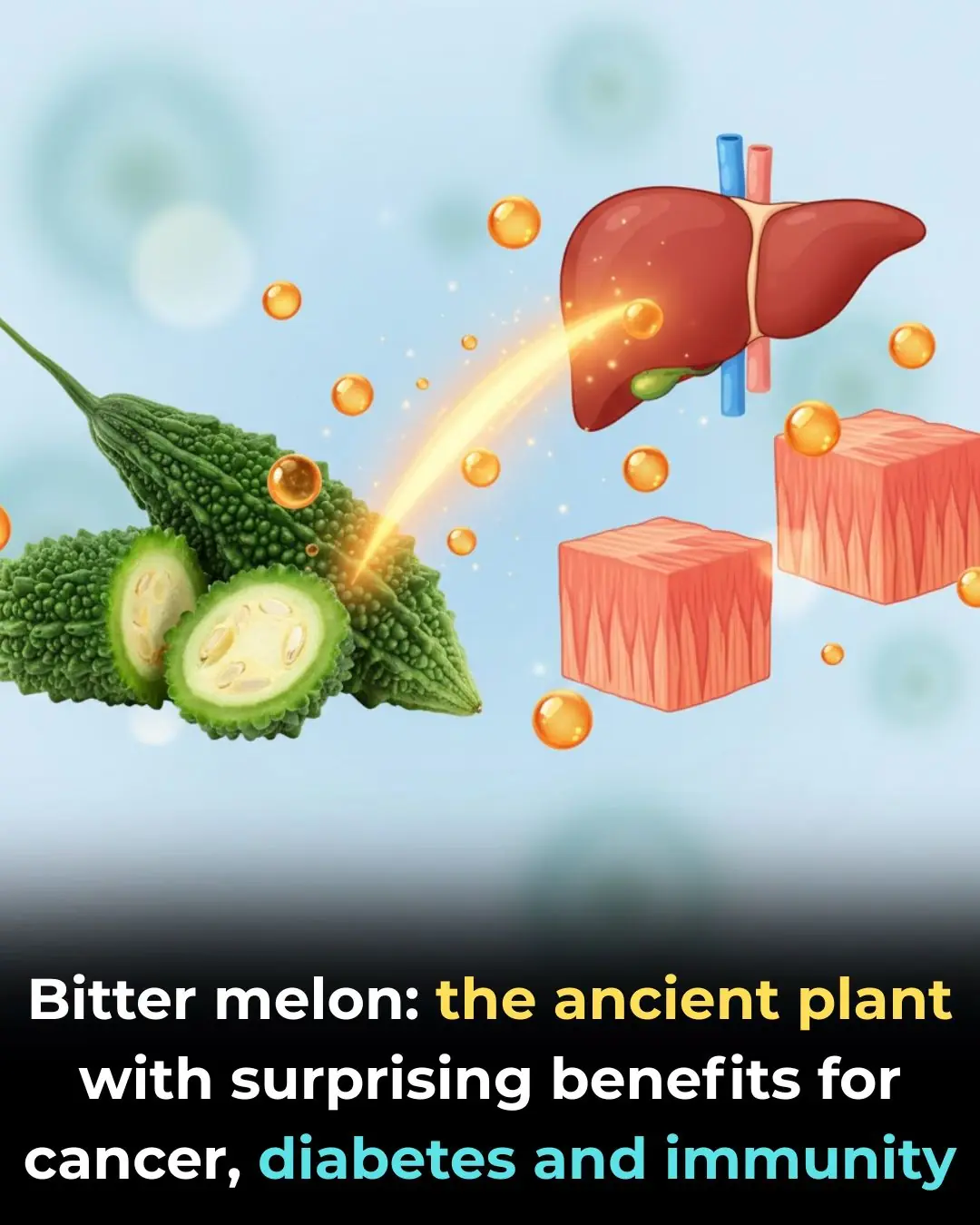
The Plant That Kills Cancer Cells, Stops Diabetes And Boosts Your Immune System!

7 powerful vitamins you need for strong, healthy legs

Beware Portuguese Man-of-War Found on Beach
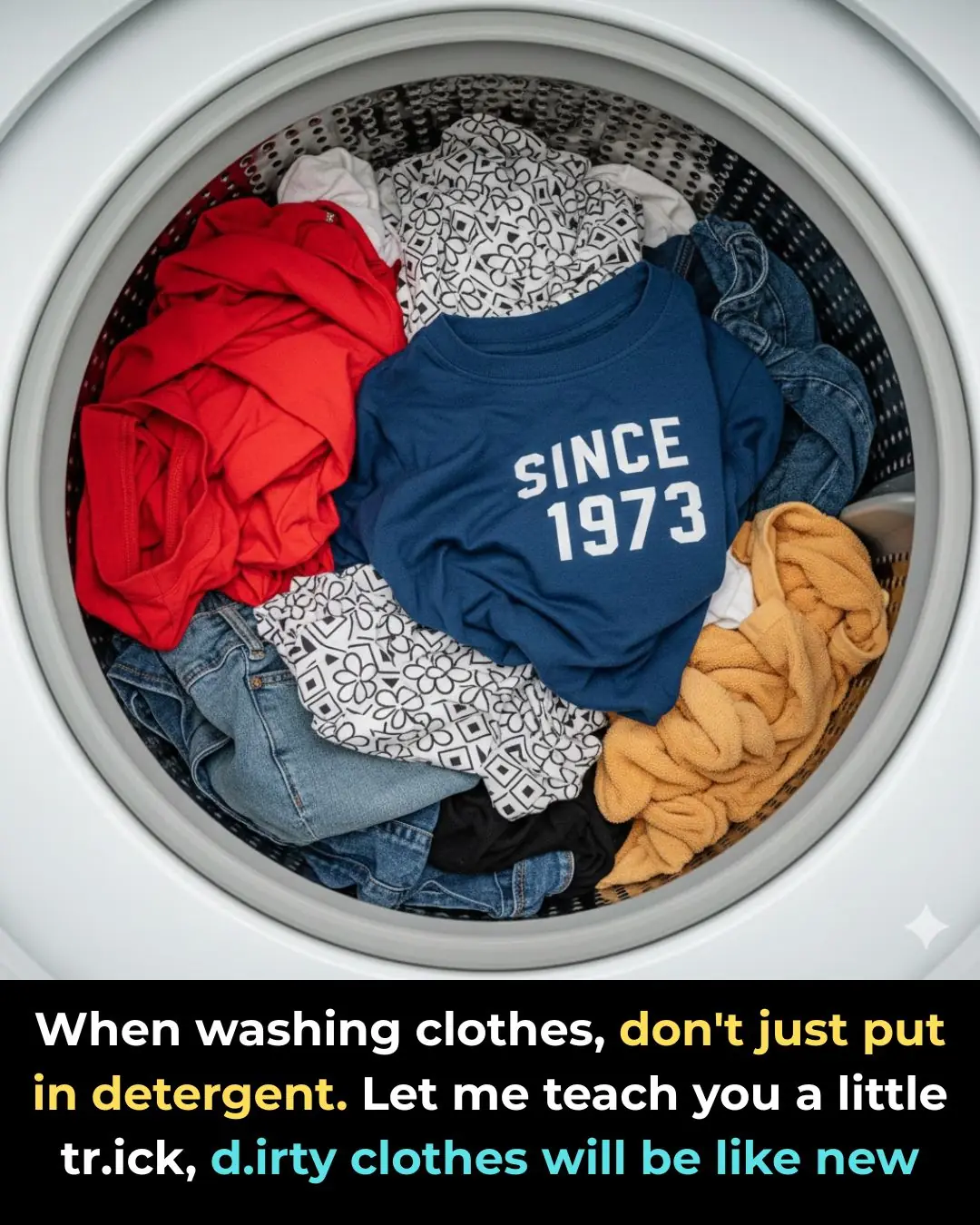
When washing clothes, don’t just put in detergent! Do this little trick, dirty clothes will be like new!

Injectable Gel Breakthrough Brings New Hope for Nerve Regeneration

Why Boiled Eggs Deserve a Spot on Your Breakfast Table

Goodbye Synthetic Dyes: Doritos Join the Push for Cleaner, Transparent Ingredients

Breakthrough Research Suggests Kidney Damage May Be Reversible After All

How Intermittent Fasting Protects the Heart: New Evidence on Blood Clots and Cardiovascular Health

New Evidence Links Hepatitis C to Brain Pathways in Mental Illness

ITV breaks silence as Celebrity Big Brother is ‘axed from ITV schedule’

Peter Andre teases ‘special’ project with wife Emily: ‘We are having exciting meetings’

🚫 When to Avoid Ginger — 6 Medical Conditions That May Be Affected
